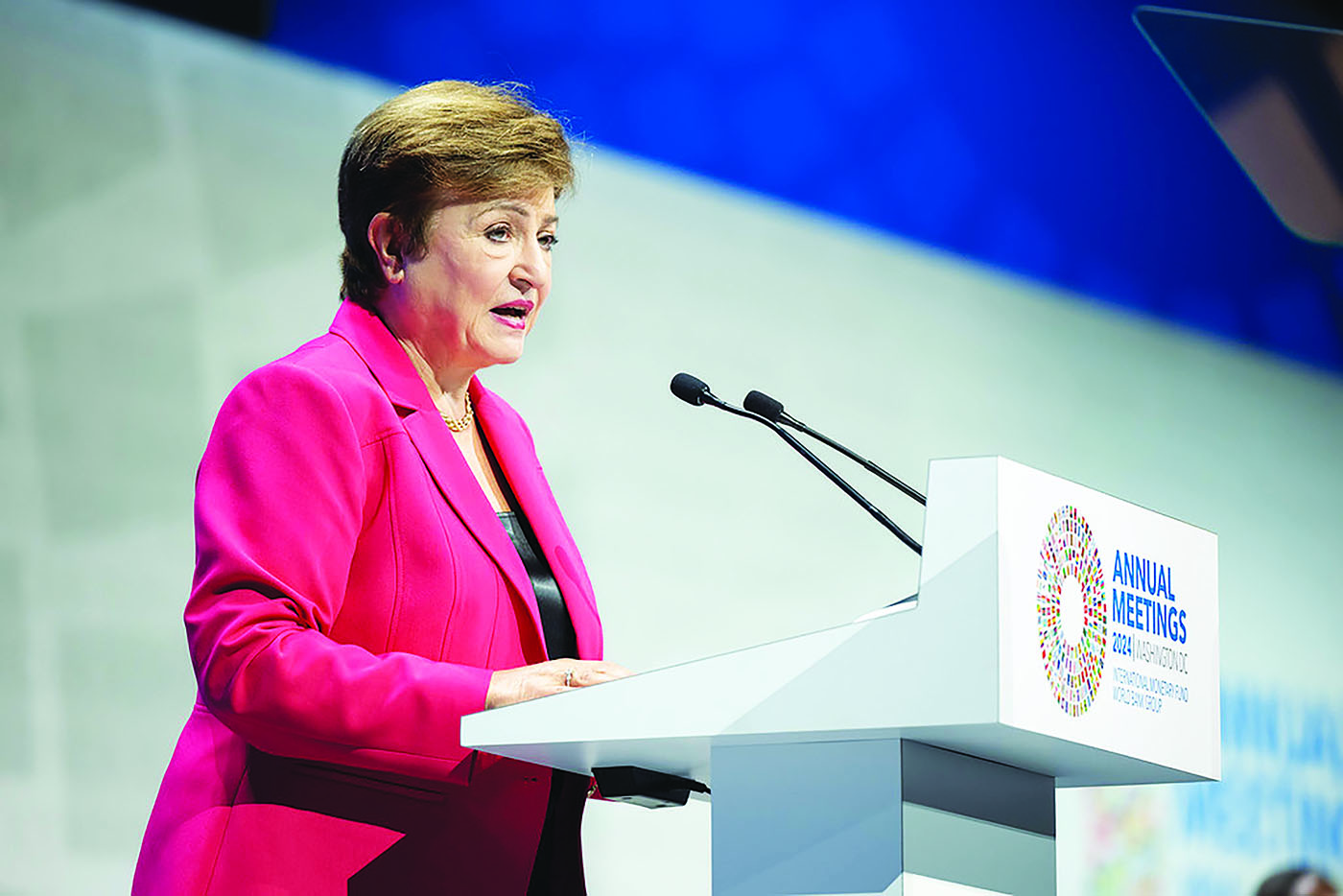By Kelechi Anyanwu
In her Curtain Raiser speech, which preluded this year’s Annual Meetings, the Managing Director of the International Monetary Fund (IMF), Kristalina Georgieva, highlighted the challenges facing the Fund and, by extension, the world.
She painted a picture of an institution that is on the right track towards delivering its goals, calling for a much more united stance “as members of an integrated economic community, each benefitting from its own comparative advantage,” rather than embracing the rising divisiveness “in a mistrustful, fragmented world where national security has risen to the top of the list of concerns for many countries.
As heartwarming as her assurance seems, many still question the present structure and systems that operate within the IMF. After 80 years, there is not enough evidence to show that the “we,” that is, members of the Fund’s hierarchy, are truly and fairly representative of the 191 member countries.
In the last one week, the Fund embarked on a flurry of reforms. First, it announced reductions in charges and surcharges on regular lending and put in place a comprehensive package that secures concessional lending capacity to support low-income countries. Second, it announced that on November 1, the Board will welcome a third director for Sub-Saharan Africa, ensuring more voice for what has been an under-represented region.
While welcoming some of these adjustments, analysts believe the Fund has not scratched the surface of critics’ dissatisfaction with the structure and operations of the institution. The challenges facing the Fund are finding a balance between what analysts call multilateralism and “plurilateral” agreements.
As the IMF marks its 80th anniversary this year, questions are being asked as to what extent the organisation has lived up to the billing of a truly multilateral institution.
The leadership of the Fund is still skewed toward a privileged region. There is nothing multilateral in an organisation where over 80 percent of member- countries are, by some rules, disqualified from vie for the top leadership of the organization. As Barry Eichengreen recently opined, “unless the position of a managing director is open to a competitive process, where candidates submit statements and sit for interviews, after which shareholding governments vote. The victor should be the most qualified individual and not just the most qualified European, as has historically been the case.”
To be truly multilateral, the IMF should increase its role in crisis prevention and resolution. The IMF can use its lending capacity to provide insurance against economic shocks and improve sovereign debt restructuring. The IMF should provide its members with regular annual allocations of its in-house financial instrument and special drawing rights. This would provide an alternative to the US dollar as a source of global liquidity while also addressing the problem of chronic global imbalances.
Restoring everyone’s confidence in multilateralism, particularly in the South, means first and foremost, today and at long last, “walking our talk.”


